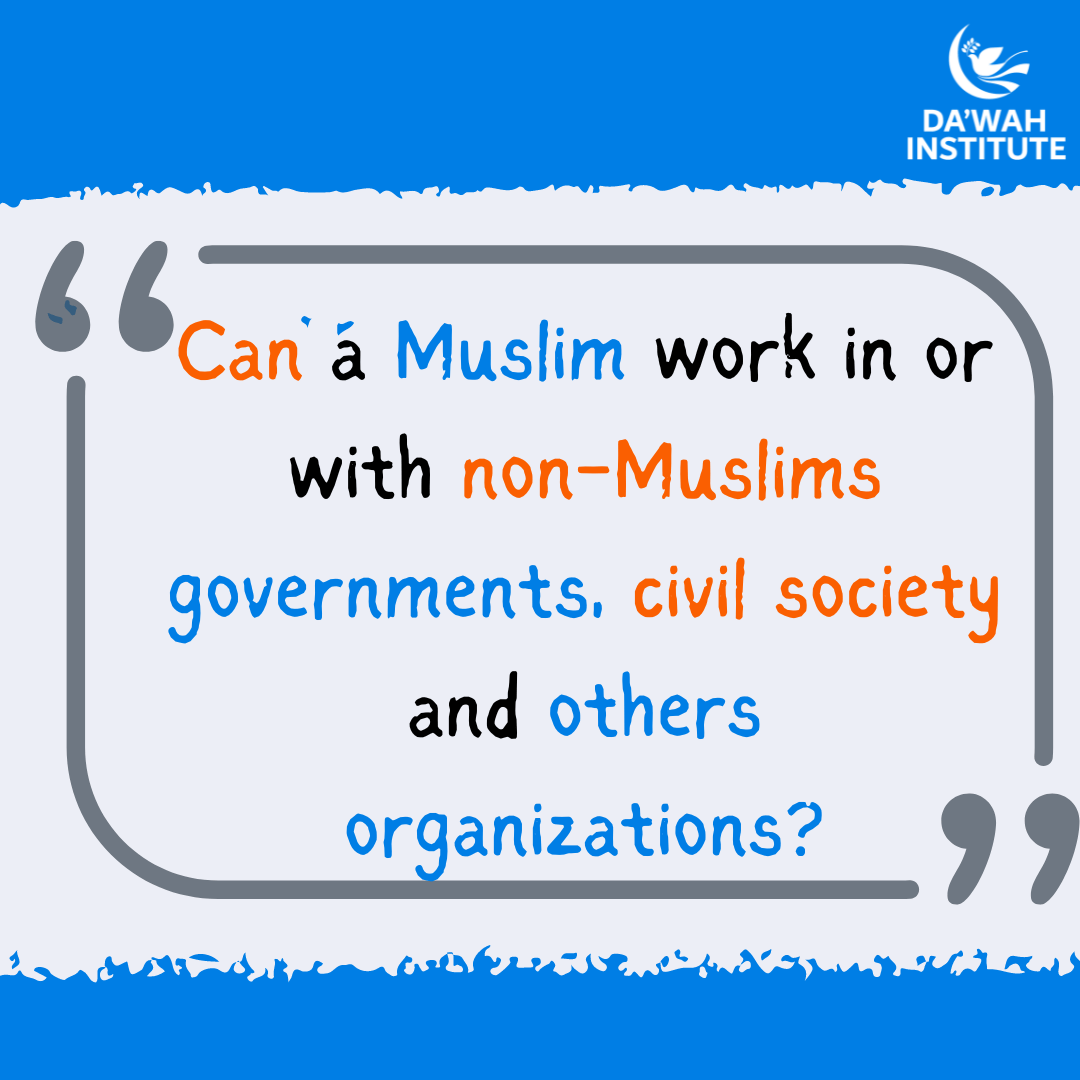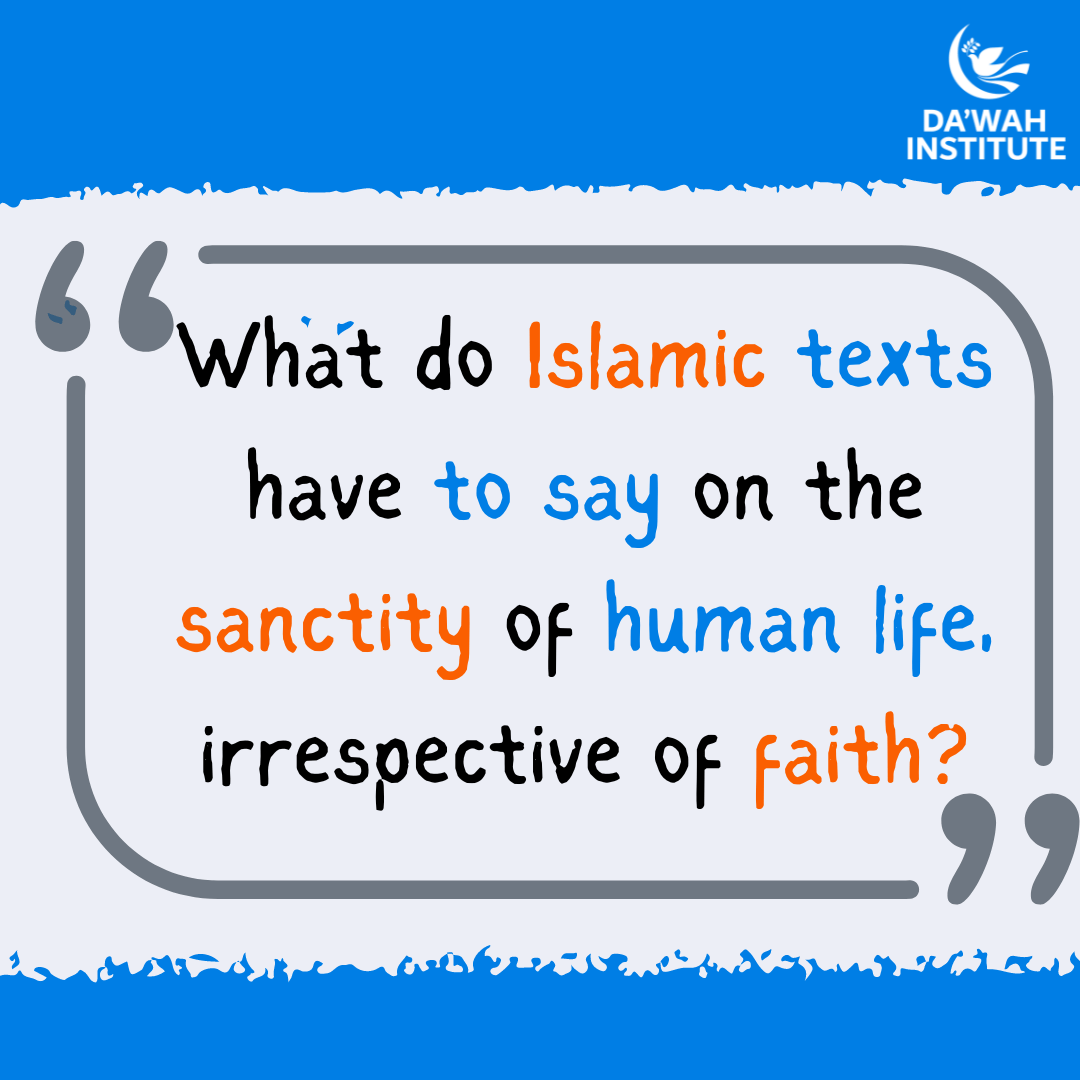
What is the Islamic perspective on greeting people of other faiths during their religious festivals and celebrations?
Islamic teachings emphasize the importance of courtesy, good neighbourliness, reciprocity in kindness and magnanimity. While Muslims and non-Muslims may exchange gifts, greetings and pleasantries, Muslim scholars, however, have an issue with greetings that are specific to religious festivities, especially if these may be understood to mean an acceptance and validation of an ideology that contradicts Islamic teachings.
A general and fundamental rule in the Principles of Islamic Jurisprudence (usul al-fiqh) is that anything that belongs to the category of worldly and mundane social transactions (mu’amalat) as opposed to prescribed religious or devotional worship (ibadah) or creed (aqidah), is governed by the general rule that “everything is permissible except what is prohibited” (Principle of Usul ul-Fiqh in Arabic is called “Al-‘asl fil ashya‘i al-ibahah” (“the legal premise of everything is permissibility”), Yusuf al-Qaradawi, The Lawful and the Prohibited in Islam, IIFSO, Kuwait, 1992, p.14-18.) by clear and explicit textual evidence from the Qur’an or authentic sunnah, or if it contradicts definite objectives (maqasid) of Shari’ah. In other words, whatever is not prohibited by clear evidence is in fact permissible.
The major point of difference among scholars therefore appears to be on whether or not such greetings and well-wishes, when used in a particular cultural context, are understood to be simply statements of courtesy and kindness (belonging to the category of greetings and social transactions – mu’amalat), or whether these statements are understood to automatically imply an acceptance and endorsement of the particular festivity and the religious ideology behind it (which is related to creed and worship – aqeedah/ibadah). The latter is the view held by Ibn Qayyim, Ibn Taymiyyah and a number of contemporary scholars, who regard such greetings as prohibited. Ibn Qayyim al-Jawziyyah, Ahkam ahl al-Dhimmah, Dar bin Hazm, Saudi Arabia, 1418AH, vol.1, p.144
Scholars such as Abdullah bin Bayyah, Yusuf al-Qaradawi, who permit such greetings, they regard it as part of courtesy and kindness (ihsan and birr) – as taught by Islam – to people of other faiths, especially to those who are relatives, neighbours, friends, colleagues, school mates and those who are peaceful in general. Mustafa al-Zarqa, Fatawa al-Zarqa, vol.13, p.1-2; Abdullah bin al-Shaikh al-Mahfudh bin Bayyah, Sina’ah al-Fatwa wa fiqh al-Aqalliyyah, p.430-437; Fatwas of European Council for Fatwa and Research, translated by Anas Osama Altikriri and Shaikh Nasif Al-Ubaydi, Al-Falah Foundation, Egypt, p.177-182; www.dar-alifta.org, verdict no. 3670, issued on: 08/10/1998, (date: 9/2/2018); http://www.dralawni.com/articles.php?show=187 (retrieved date: 4/2/2018)
In spite of their differences of opinion on this issue, all Muslim scholars agree that Muslims should relate with people of other faiths in a respectful, good and kindly manner, as the Qur’an prescribes:
“As for such (of the unbelievers) as do not fight against you on account of (your) faith, and neither drive you forth from your homelands, God does not forbid you to show them kindness (birr) and to behave towards them with full equity (qist): for verily, God loves those who act equitably.” (Qur’an 60:8)





